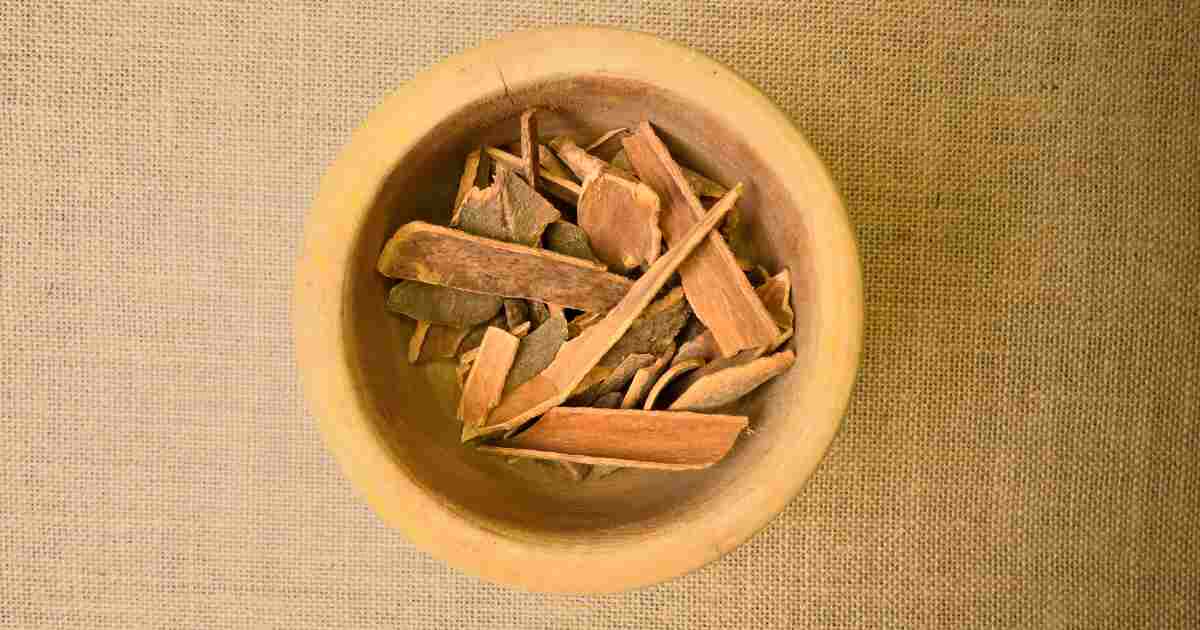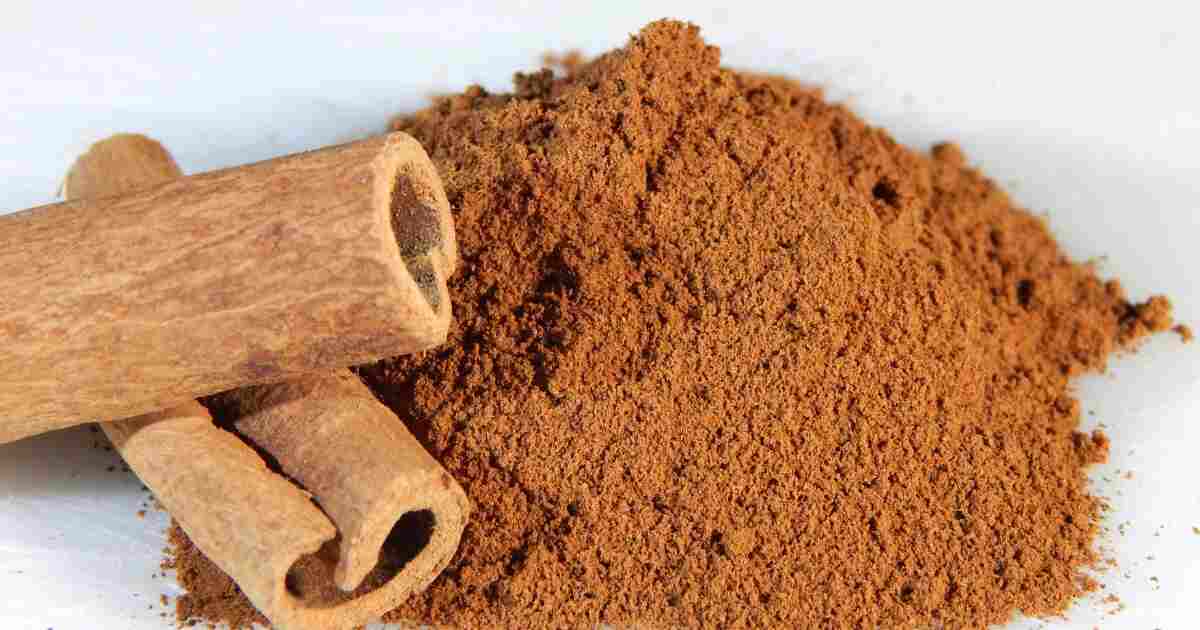About: Cinnamon, Cinnamone | Dalchini | Ceylon Cinnamon | Cinnamon Sticks | Cinnamon is Good for | Ground Cinnamon | Cinnamon Benefits | Advantage of Cinnamon | Benefits in Cinnamon | Cinnamon Tea Benefits:
Cinnamon is one of the most loved and widely used spices in the world. It comes from the inner bark of trees belonging to the Cinnamomum family and has been valued for its flavor, aroma, and health benefits for thousands of years. Whether you sprinkle it on your coffee or mix it in your baking, cinnamon adds a warm, sweet touch that’s hard to resist.

The popularity of cinnamon goes beyond the kitchen. It’s been used in traditional medicine, home remedies, and even in beauty routines. People love it not just for taste but also for its many natural health-supporting properties.
Cinnamon isn’t just a tasty spice it boasts a long history and a variety of health-promoting properties. Understanding its properties can help you make informed choices about its inclusion in your diet.
Read More: Bitter gourd Benefits
Read More: Green chilli Benefits
Read More: Onion Benefits
Types of Cinnamon You Should Know
There are mainly two types of cinnamon commonly found in stores: Ceylon cinnamon and Cassia cinnamon.
| Type | Flavor Profile | Origin | Notes |
| Ceylon Cinnamon | Mild, sweet, delicate | Sri Lanka | Also called “true cinnamon” |
| Cassia Cinnamon | Strong, spicy, bold | China, Indonesia | More common and affordable |
Ceylon is considered the healthier option, while Cassia is more commonly used in cooking and baking due to its bold flavor.
How to Use Cinnamon in Daily Life

Cinnamon is extremely versatile. You can add it to:
- Oatmeal or cereal
- Coffee or tea
- Smoothies
- Baked goods
- Roasted vegetables or meats
- Homemade granola
Advantages of Cinnamon

- Rich in Antioxidants: Cinnamon contains potent antioxidants like polyphenols that help shield your body from damage caused by free radicals.
- Anti-Inflammatory Properties: The compounds in cinnamon have anti-inflammatory effects, which may help reduce inflammation in the body.
- Supports Heart Health: Regular consumption of cinnamon has been linked to a reduction in risk factors for heart disease, including high cholesterol and high blood pressure.
- Improves Sensitivity to Insulin: Cinnamon may improve insulin sensitivity, which is beneficial for those managing blood sugar levels.
- Antibacterial and Antifungal Effects: Cinnamon has natural antibacterial and antifungal properties, which can help combat infections.
Disadvantages of Cinnamon
- Potential Liver Damage: High doses of Cassia cinnamon, which contains significant amounts of coumarin, can be harmful to the liver.
- Allergic Reactions: Some individuals may experience allergic reactions to cinnamon, including skin irritation or respiratory issues.
- Interaction with Medications: Cinnamon may affect the way certain medications work, including those for diabetes and blood thinning, and should be used cautiously alongside them.
- Gastrointestinal Issues: Excessive consumption of cinnamon can lead to digestive problems like heartburn or upset stomach.
- Not Suitable for Everyone: Individuals with certain health conditions, such as liver disease or bleeding disorders, should consult a healthcare provider before consuming cinnamon in large amounts.
Nutritional Profile of Cinnamon

| Nutrient | Amount per 1 tsp (2.6g) |
| Calories | 6 |
| Carbohydrates | 2g |
| Fiber | 1g |
| Protein | 0.1g |
| Fat | 0.03g |
| Calcium | 26mg |
| Potassium | 11mg |
| Vitamin A | 8 IU |
| Beta-Carotene | 3 mcg |
10 Health Benefits of Cinnamon

- Regulates Blood Sugar Levels: Cinnamon can help lower blood sugar levels and improve insulin sensitivity.
- Reduces Risk of Heart Disease: By lowering levels of total cholesterol, LDL cholesterol, and triglycerides, cinnamon can reduce the risk of heart disease.
- Anti-Inflammatory Effects: The antioxidants in cinnamon have potent anti-inflammatory properties.
- Antioxidant Properties: The antioxidants found in cinnamon help combat oxidative stress and support overall health.
- May Fight Bacterial and Fungal Infections: Cinnamon has natural antibacterial and antifungal properties.
- Improves Brain Function: Some studies suggest that cinnamon may improve cognitive function and protect against neurodegenerative diseases.
- Supports Weight Loss: Cinnamon may help in weight management by improving metabolism.
- Reduces Menstrual Discomfort: Cinnamon has been shown to reduce the severity of menstrual pain.
- Alleviates Nausea: Cinnamon can help reduce nausea and vomiting.
- Enhances Oral Health: Cinnamon’s antibacterial properties can help maintain oral hygiene.
Health Remedies Using Cinnamon
- Cinnamon Tea for Digestion: Boil a cinnamon stick in water and sip to aid digestion.
- Cinnamon and Honey for Cough: Mix cinnamon powder with honey to soothe a cough.
- Cinnamon for Acne: Cinnamon as an Acne Remedy: A mixture of cinnamon and honey can be applied to blemishes and left on overnight to help reduce acne.
- Cinnamon for Cold Sores: Apply diluted cinnamon oil to cold sores to reduce symptoms.
- Cinnamon for Hair Growth: Massage a mixture of cinnamon and olive oil into the scalp to stimulate hair growth.
- Cinnamon for Weight Loss: Add cinnamon to your morning tea or coffee to boost metabolism.
- Cinnamon for Blood Sugar Control: Incorporate cinnamon into meals to help regulate blood sugar levels.
- Cinnamon for Menstrual Pain: Drink cinnamon tea to alleviate menstrual cramps.
- Cinnamon for Arthritis: Apply a paste of cinnamon and honey to affected joints to reduce pain.
- Cinnamon for Skin Whitening: Use a cinnamon and lemon juice mask to brighten skin tone.
- Cinnamon for Bad Breath: Chew cinnamon sticks to freshen breath.
- Cinnamon for Toothache: Apply a mixture of cinnamon and honey to the affected tooth.
- Cinnamon for Fatigue: Inhale cinnamon oil to boost energy levels.
- Cinnamon for Memory Enhancement: Incorporate cinnamon into your diet to improve memory.
FAQs
What is cinnamon and where does it come from?

What Is Cinnamon? This spice comes from the inner bark of trees belonging to the Cinnamomum genus. Native to South Asia, it has been used for centuries in cooking and traditional medicine. It adds flavor and aroma to dishes and also offers various health benefits, especially in its natural, organic form.
Is cinnamon good for weight loss?

Cinnamon and Weight Loss: When used as part of a balanced diet and regular exercise routine, cinnamon may aid in weight management. It helps boost metabolism, balances blood sugar levels, and reduces cravings. Drinking cinnamon tea or adding it to meals may naturally aid in fat burning and appetite control over time.
How much cinnamon should I consume daily?

The recommended daily amount is about 1/2 to 1 teaspoon of ground cinnamon. Excessive intake, especially of Cassia cinnamon, can be harmful due to coumarin content. Always consult a doctor before taking cinnamon supplements or using it as a regular health remedy.
What are the health benefits of cinnamon?

Cinnamon offers many health benefits, including improved blood sugar control, reduced inflammation, antioxidant protection, and better heart health. It also has antibacterial properties. Regular but moderate use can support overall wellness and may help prevent common illnesses like colds and infections.
Can cinnamon be used as a home remedy?

Absolutely! Cinnamon is a popular ingredient in home remedies. It’s used to relieve cough, aid digestion, ease joint pain, and improve skin health. Combining it with honey or lemon enhances its effectiveness. Always ensure you’re not allergic and use it in safe quantities.